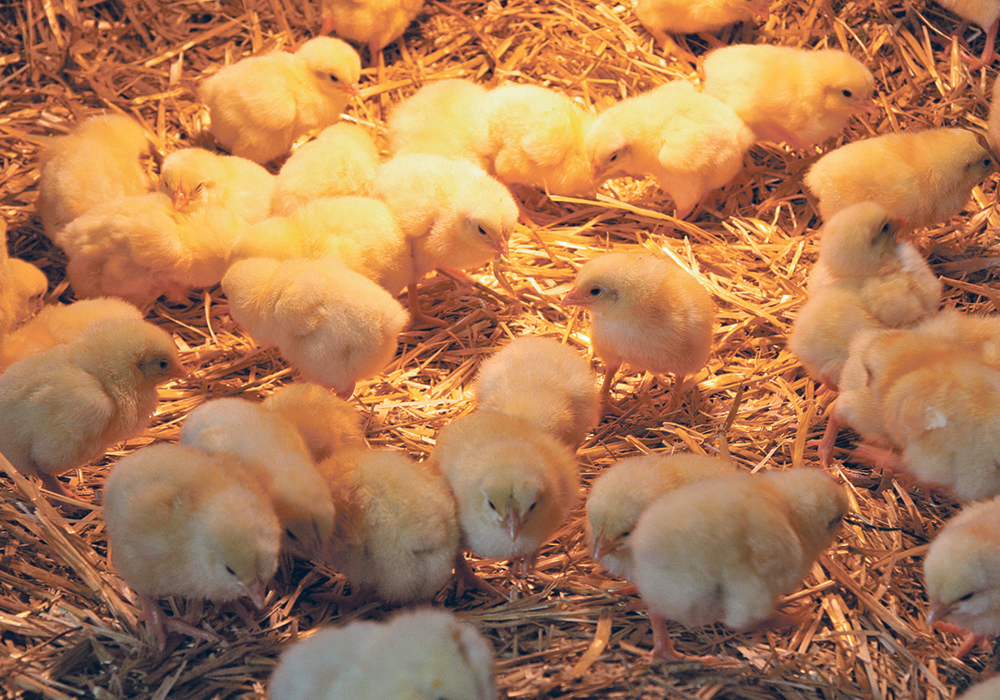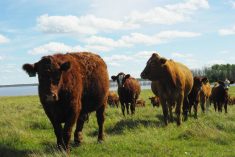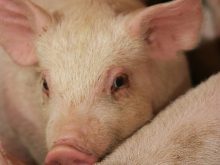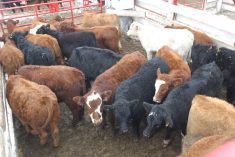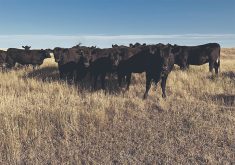KANSAS CITY, Mo. — The consumer desire for poultry raised without antibiotics is gaining traction but disease challenges are increasing.
“There is a big trade-off with the health of the birds,” said veterinarian Mueez Ahmad, head of technical services with Arm and Hammer animal and food production.
“Consumers have to understand this is a big dynamic. It is not a simple change,” he said at a North American Meat Institute animal welfare conference held last fall in Kansas City.
More cases of bone ileitis, necrotic enteritis and clostridial diseases have been detected in poultry raised without antibiotics from the egg to the bird.
Read Also

Beef check-off collection system aligns across the country
A single and aligned check-off collection system based on where producers live makes the system equal said Chad Ross, Saskatchewan Cattle Association chair.
Seven-day mortality has doubled from a normal rate of less than one percent to four percent and the cost of production is two to three cents higher per pound.
The United States Food and Drug Administration approved the use of antibiotics in animal production in 1951. By 2000, the World Health Organization published a report about resistance and consumer pressure started to grow.
The European Union banned growth-promoting antibiotics from animal production in 2006.
“That was an historical, landmark move from the European Union to take antibiotics completely out of the system without doing the risk assessment, without understanding what was going to happen,” Ahmad said.
Governments around the world have moved to control the use of antibiotics and by 2017 the FDA stated no antibiotics used to treat human illness may be given to poultry without a veterinarian’s prescription. In Canada, veterinary prescriptions have been required as of Dec. 1.
“Antibiotics used in animals for treatment purposes are important. We care for the animals,” he said.
The food industry should blame itself for the consumer backlash over antibiotics because it never explained why low levels of sub- therapeutic antibiotics were used for the health and growth of birds and livestock.
“The industry has not taken a good stand to educate consumers about why we use antibiotics at different stages of the production phase,” he said.
Consumers probably do not understand the adherence to antibiotic withdrawal times or testing for residues.
“Technically every bird you buy in the store does not have any antibiotic residue.”
“All birds we are buying from the stores are antibiotic free. They follow the withdrawal protocol for that.”
Treating sick animals with antibiotics is the humane thing to do and these products cannot be completely removed.
Keeping medicines out of the production stream can be done with improved animal husbandry and alternative products, such as essential oils.
Research into alternative medicines should have started sooner when questions about antibiotics first arose.
“We can do it. We just need to go back to the basics and start at the breeder level to address nutritional management. It is all how we control microbiota in the gut and how that is going to respond to the pathogenic bacteria,” he said.
Scientists are testing probiotics, prebiotics, essential oils, enzymes, organic acids and toxin binders.
Probiotics are widely used and their effectiveness has been known since the eighteenth century.
Prebiotics were developed in the mid 1990s. There are certain sugar molecules that provide good nutrition for the gut bacteria and can improve health.




